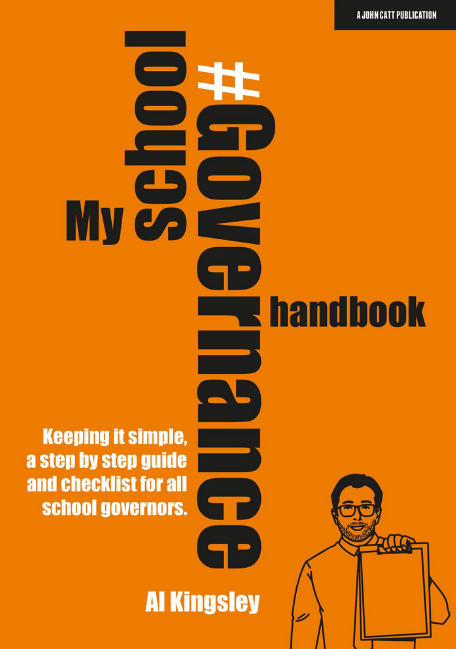Lifting the lid on school governance
)
Skills shortages are a concern in many industries across the UK right now. Healthcare, construction, farming, technology-based sectors and more are all struggling to recruit skilled people to fill vacant roles. It’s not going to be solved any time soon. According to the Learning and Work Institute's prediction, there will be a shortfall of 2.5 million highly skilled workers by 2030.
The challenge is mirrored and magnified for schools trying to recruit school governors – especially as they are all volunteers who give their time and expertise for free. Diverse, enthusiastic governor boards are essential to ensure schools and MATs run as effectively as possible but that can't happen without the right people with the appropriate skills on board. And with currently more than 18,000 vacancies across England, the situation is becoming critical.
Why so many vacancies?
The number of people volunteering as governors has been in decline for some years now, making things especially difficult for schools to ensure adequate oversight of plans and procedures, not to mention benefit from their governors’ specialist skills from other sectors.
How has it come to this? There is a multitude of reasons and perception plays a big part. So many people think you can only contribute if you work in education already. Not so. School leaders and governors from the sector are education experts but many simply don’t have knowledge or specialist experience from industry or of more corporate ways of thinking that could benefit their broader MAT. That’s why volunteer governors and trustees bringing in skills and experience from outside the education sector are so valuable. For example, with schools and MATs accountable for increasingly pressured budgets, governors who can contribute their financial expertise are worth their weight in gold.
However, the main barrier to people signing up to be school governors is simply this: the role is not well understood outside of the sector – what it is, the opportunities it offers, how volunteers can contribute, how much time commitment is needed and, critically, what they might gain (some assume it’s a one-way relationship). It’s clear it needs better promotion to businesses and the general public, and that its value to both schools and volunteers is highlighted.
A question of expertise
Education has become much more digitally led since many prospective governors were at school and now embraces areas such as the effective use of data, cybersecurity, data privacy, online safety and wellbeing. Governors don’t need to be top-level experts in any of these to support and challenge the effectiveness of the school’s digital transformation and journey, although it helps if they are! It is about having a degree of knowledge, being resourceful, on the ball and asking searching questions to provoke those all-important discussions with school leaders.
As an example, now that all schools are expected to have digital policies in place for everyday learning and full remote learning should it be needed again in the future, governors can help leadership teams to refine these plans with overarching questions such as:
- How confident are our staff with technology?
- How are we tracking their confidence levels over time?
- Is supplementary edtech training required?
- How often are educators receiving training on the tools we use?
- Are we gaining staff feedback and hearing their suggestions?
- Are we acting on them?
Common-sense strategic questions such as these can sometimes become lost in the complexities of multifaceted projects, so this is where non-education specialist governors can help to ensure schools are covering all bases.
Reflect, then move forward
Taking the lead from the school is part and parcel of being a governor. We know that during the pandemic, schools turned to technology, implementing various solutions to enable education to continue. Some things worked and some didn’t. As we moved to the post-pandemic phase, through reflection and analysis, educators decided what solutions and practices to retain (or retire) as students returned to the classroom.
Similar reflective practice is also essential for governors. It’s all about applying the checks and balances to see whether the school is meeting all of its obligations and responsibilities: ensuring accountability, inclusion and best practice before moving to the next stage of a strategy or a new school year.
Practical help
For people looking to boost their experience at a strategic level, becoming a school governor can really help to boost their CV. The role will allow them to gain skills in overseeing the workings of an entire organisation from recruitment, procurement and forming strategies, right through to students’ education. They will be making decisions, examining evidence and ensuring accountability, as well as enhancing their leadership and management abilities – all attributes highly prized by employers.
Alongside those gains, being a governor is extremely rewarding and a way to ‘give back’ to your community – something I can confirm from my two decades of governor experience across infant, primary, secondary, all-through, alternative provision schools and MATs. It’s certainly become a passion of mine, so much so, that I’ve written a book to explain the basics. With descriptions of how schools and MATs are structured, the key areas of school life, relevant questions to ask and a dictionary to navigate the ‘pesky’ education acronyms, it’s the perfect companion for any school governor.
My School Governance Handbook is available to pre-order on Amazon now.
 Al Kingsley Biograpy
Al Kingsley Biograpy
Al has spent the last 30 years in the Educational Technology space and almost 20 of those as a school trustee and governor. He is Group CEO of NetSupport Ltd, an internationally acclaimed EdTech vendor, and has lived and worked in both the UK and US. He is Chair of Hampton Academies Trust and the Richard Barnes (AP) Academy, all in the East of England. He also chairs his region’s Governor Leadership Group. Alongside these roles, Al also sits on the DfE’s Regional Schools Directorate Advisory Board for the East of England and is the Independent Chair of the County’s SEND Board.
As a firm supporter of lifelong learning, he is also a regional Apprenticeship Ambassador and Chair of the Employment and Skills Board for his region’s combined authority.
An active writer about all things Education, Al is a member of the Forbes Technology Council and sits on the advisory council for the Foundation for Education Development.
You can find out more about Al at www.AlKingsley.com or on Twitter at @AlKingsley_edu

Tags
- al
- board
- experience
- governance
- governor
- governors
- learning
- lid
- lifting
- many
- mats
- more
- now
- people
- questions
- recruit
- right
- s
- school
- schools
- sectors
- skilled
- skills
- technology
- time


)
)
)
)
)
)
)
)
)
)
)
)
)
)
)
)
)
)
)
)
)
)
)
)
)
)
)
)
)
)
)
)
)
)
)
)
)
)
)
)
)
)
)
)
)
)
)
)
)
)
)
)
)
)
)
)
)
)
)
)
)
)
)
)
)
)
)
)
)